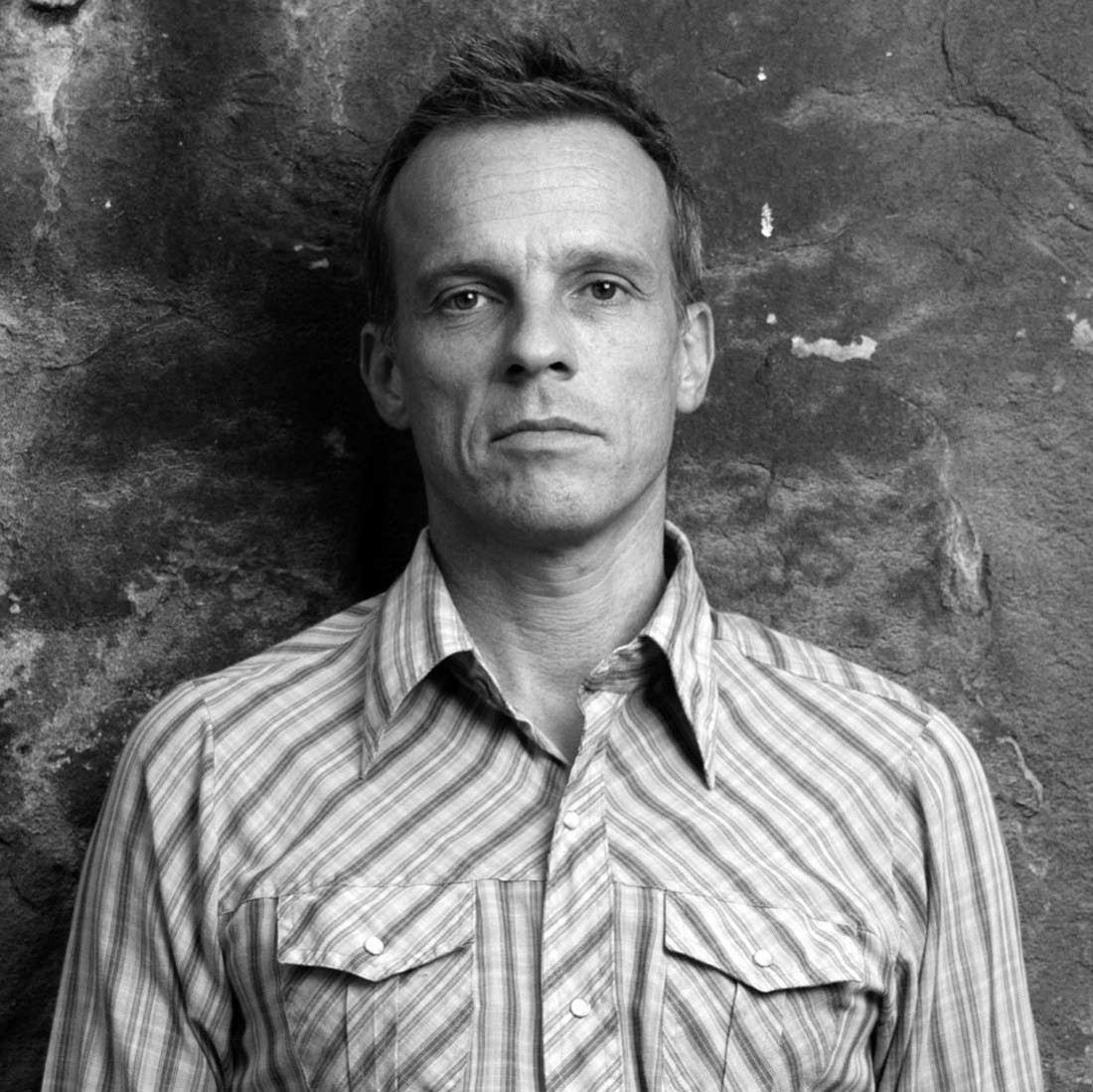Tim Elliott
Your latest book, Farewell to the Father, is a poignant story of a man who had a Jekyll and Hyde kind of existence, your father. This must have been a difficult book to write. Was this act of writing important for you, personally?
Yes, really really really really important. What happened with my dad was a defining experience: it divided my life in two parts – before dad, and after dad. It played a huge role in how I see myself, and also how I see my family. So writing a book about it was terrifying: the story was so important to me, and so central to my life, it had become precious, like an heirloom. I wanted to write about it with a skill and depth that I wasn’t sure I had.
Writing about mental illness in such a candid way is helpful for many of us who have had to deal with similar situations. Was this a motivation for your work?
Not really. The motivation was to write well. It was about the words, and the sentences. I wanted to produce a beautiful and hopefully insightful book that readers enjoyed reading. Everything else would be a bonus.
Tell us about the “anti-manual” that was part of your father’s legacy.
He was a fantastic father; he was deeply loving and incredibly generous. But I was determined to avoid replicating the worst parts of his character – his narcissism, his psychological cruelty, and his petulance.
Farewell to the Father is nevertheless written with a great deal of empathy and a deep sense of humour. It is this ability to balance pathos with the comedic aspects of life that makes for great drama. From where do you draw this ability for counterpoint ?
Mental illness can be funny – blackly funny, but funny all the same. It’s much like life in general. I couldn’t go through life without, to put it bluntly, taking the piss, both out of myself and everything else. Besides no-one wants to read a book about madness and suicide that is all doom and gloom. And also, lastly, I had a very privileged upbringing: I have an obligation to see the good bits too.
Farewell to the Father is a clear departure from your earlier work. You are known as one of the best travel writers in Australia and you are an award winning journalist. Is this a temporary departure or does it mark a definite change of focus?
I haven’t written a travel piece in 10 years! As far as journalism goes, I love it and have to keep doing it for a job. I would love to keep writing books but have to see what lies ahead.
Finally a personal question. What do you like to do on you days off, if you have any, that is?
I have three daughters who I enjoy watching The Bachelor/Bachelorette with. I love them to death (my girls, that is.) I also love reading. And I surf. Surfing is essential to my life; it’s the closest you come to being a bird. It’s magical.


